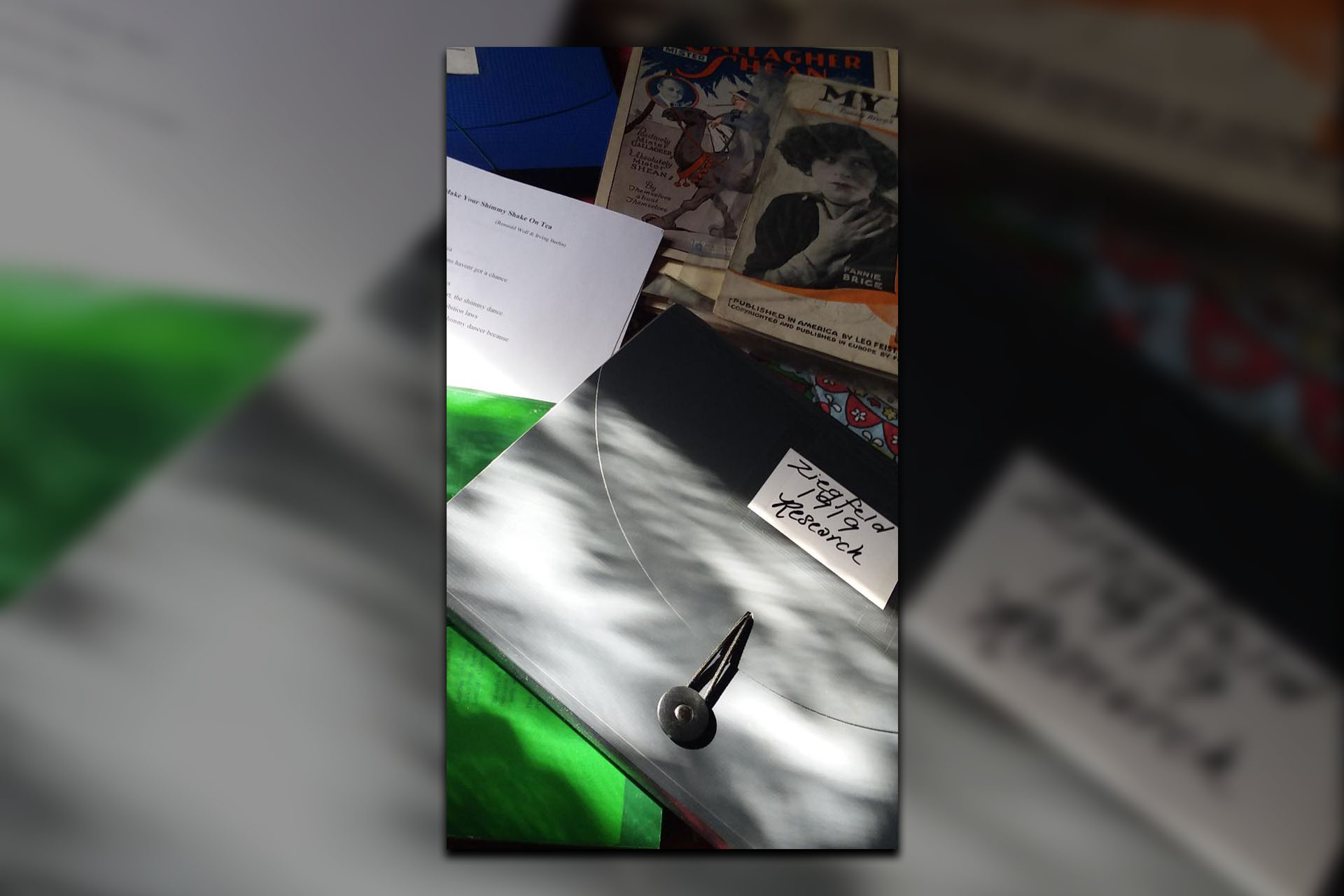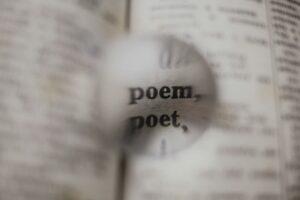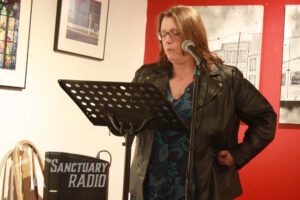Before I return to onsite work sometime this spring, I have decided to finally get around to sorting out the piles of paperwork that surround my desk area, the piles and pages I was too depressed to touch during those seven months I was furloughed. I put my homeowner related items in order, as well as my car receipts. I was apparently still clinging to a cluster of documents related to the ’07 Hyundai Accent I traded in three years ago.
The next pile in my sites is related to the Ziegfeld poems I’ve been working on for years now, and am in the process of having proofed by a professional. Despite my various copyediting gigs, there is something about trying to do the same for your own work that just doesn’t work. Since I’ve already put so much time and energy into this project, I decided to go for broke and leave the task to more skilled eyes.
My office area consists of a small landing next to the stairs, and whatever space I can claim during the daytime. I am motivated to make the bed more quickly just to have a flat surface on which to spread out work in progress in the midday to afternoon time, when the light is brightest from the last window in the house I haven’t replaced. Just for fun, I weighed the stack of Ziegfeld materials before dumping them on the bed. Fourteen pounds. More than most pairs of twins weigh at birth. More than a modest turkey. Fourteen pounds of mostly handwritten notes about a show that dominated Broadway over a century ago. Tour schedules. Biographical details. Sheet music without ukulele chords, because it wasn’t all the rage in 1919 that it would be just a few short years later. Scanned pictures. Numerous manuscript drafts.
And this doesn’t include over two dozen books I’ve acquired on the subject: biographies, autobiographies, sketches, overviews. A kindly librarian at UCLA even sent me a photocopy of the actual Follies script, an amazing document all by itself. Some of the books are rare. An autobiography by Marcelle Earle was found among her things and published by her son decades after her death in 1955. It’s a rare first-hand account of interactions with some of the Follies’ biggest stars, including Mr. Ziegfeld himself. Doris Eaton Travis, last of the Follies Girls, living to the age of 106 and passing in 2010, left behind an equally fascinating book.
All this information has been a blessing and a curse. I have happily wandered through these nostalgic tales, trying to imagine what it really felt like on the New Amsterdam stage. I tried to emphasize universal emotions—love, jealousy, regret. Those things don’t change. I also have tried to express my admiration for all these performers, pioneers who laid out trails still followed by today’s talent. Bert Williams bent color barriers in his time, but didn’t exactly break them. Eddie Cantor was raised by his grandmother, orphaned at a young age, and grew up to become the first ‘King of All Media,’ before such a phrase existed. Perhaps in part because of his insist clinging to blackface performance long after others had let it go, he is all but unknown to today’s audiences.
My poems feel small today, compared to the large lives that inspired them. I tread a thin line between hero worship, cliches, and timid sketches that I don’t feel I have entirely resolved. I have read other prose accounts of the time, even some of the very personalities I’ve portrayed, but I find them unsatisfying. I am extremely hesitant to put many words into the mouths of these stars, despite me probably being the only one for whom those words might not ring true. I want this collection to be a tribute to a time, a business, an art that has fascinated me all my life. I want to do them justice.
I will not be tossing much of this fourteen pounds of paperwork. I will skim most of it, sort it by topic—performer, theater, history—then take a fresh look at the poems when they’re back in my hands. Again. I want to do right by these amazing folks. I will try again.





